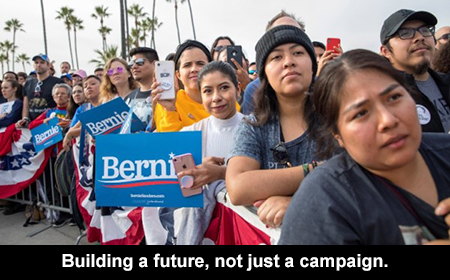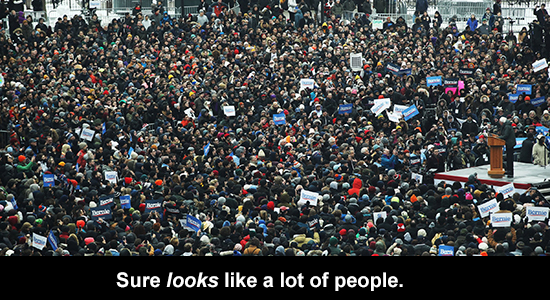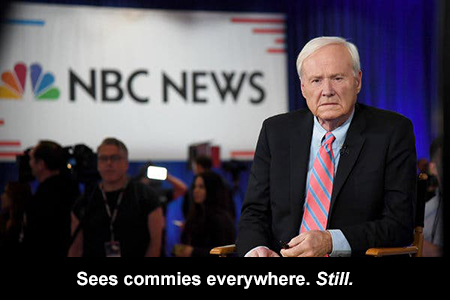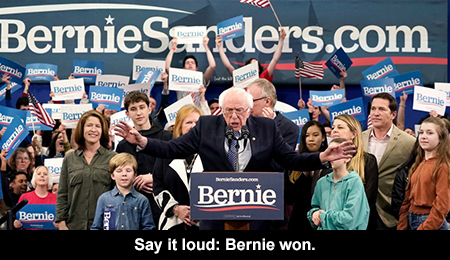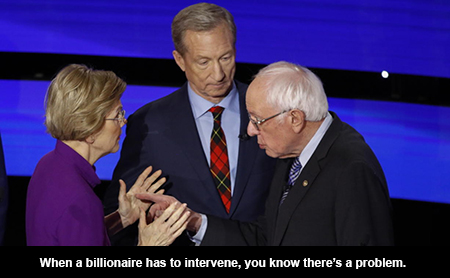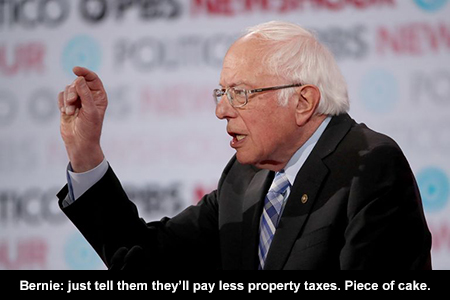Congress approved the 1.9 trillion-dollar COVID rescue package this week, and while the final version didn’t include everything I would liked to have seen in the bill, there’s some decent stuff in there. What’s more, it is generally on a scale that approaches that of the problems we face. This is a departure, and one would hope a trend, away from the post-Reagan neoliberal consensus and towards a broader notion of what government may be called upon to accomplish on behalf of ordinary people. We have often heard pundits spin a false dichotomy between “big government liberalism” and “small government conservatism” – the fact is, conservatives and the right more generally are all in favor of big government, so long as it serves the interests of the powerful. The fact that the rescue package turns this on its head is an indication of how far we’ve come in recent years, despite all the resistance.
We’re overdue for that sort of turn, frankly. We’ve been living in the Reagan economic universe for forty years – essentially my entire adult life – with labor under siege, bloated military budgets, corporate-friendly multilateral investor rights agreements (popularly known as “free trade agreements”), and imperial swagger on the world stage. Obviously one bill is not going to change all of that, but it’s a step in the right direction, and a relatively bold one at that, compared to what we’re used to. Sure, the COBRA subsidies are kind of stupid and a massively inefficient way to extend health insurance to unemployed people. Sure, the checks should have been $2000 because that’s what everyone – including Trump – was calling for just after the election. Sure, they should have kept the $15 minimum wage because it was a solid provision that would have pegged the rate to inflation instead of giving employers a gradually increasing discount on the cost of labor. But what’s there is mostly good.
Biden and others have said that provisions in this bill will cut child poverty in half. I think that’s great, but it’s kind of like dividing the baby. If we can cut it in half, how about spending more and eliminating it entirely? So much of what’s in the legislation addresses inequality in a substantive way, but the solutions are almost all temporary ones. It’s incumbent on progressives to push the administration and Congress to build these initiatives out into more permanent benefits. We will see what kind of an effect this bill will have on families and individuals. If it’s dramatic enough, that could create the kind of popular momentum needed to push a broader agenda forward. We know what some of that will look like – the minimum wage, labor reforms, etc. We need a wealth tax, not so much to generate revenue (it will do that) but to reduce inequality and lessen the power and influence of the ultra wealthy. I’m talking about an upper limit on assets – something well south of a billion dollars. That’s the kind of tax system we need.
This could have come out much worse, and I think a lot of credit is due progressives like Bernie Sanders and some of the great people in the House. Their fingerprints are all over the more progressive pieces of this, and that’s cause for celebration.
luv u,
jp


